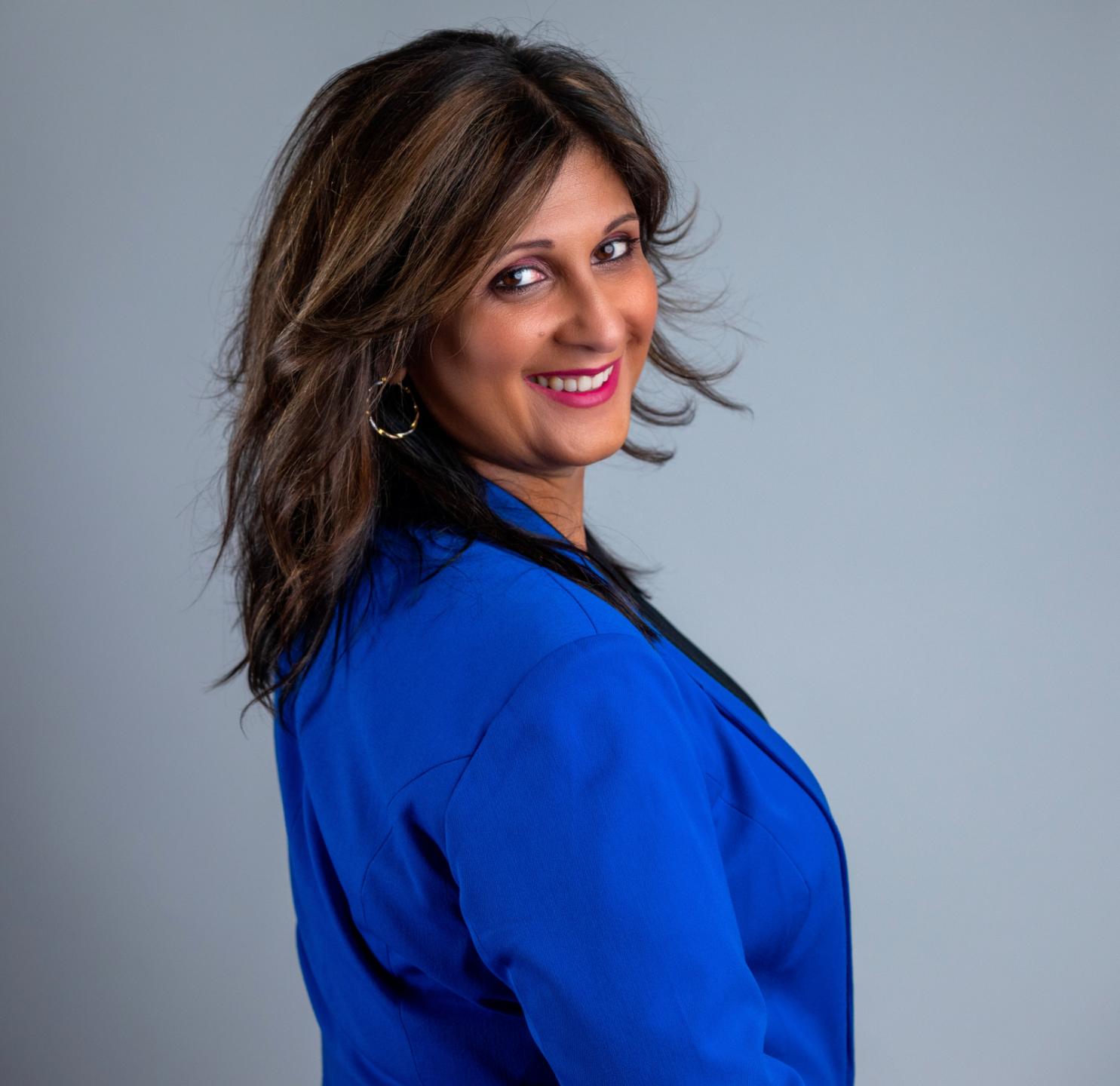
Where can an anthropology degree take you? And how can the study of anthropology help shape a career? In this regular series we’ll talk to UTSC Anthropology alumni about how their studies have an ongoing influence on their work, their thinking and their lives.
Recently we talked to Dr. Monika Sumra, partner and lead industrial/organizational anthropologist at BUNKA Inc., a leadership development and culture improvement consultancy. Traditionally, anthropology and business aren’t seen as disciplines that overlap very much. Monika is working hard to change that.
“I am an organizational anthropologist,” says Monika. With years of experience in business and a grounding in anthropology, she uses ethnography and anthropological research methods to gain an understanding of the culture of a company and help leaders understand how they can get better results from the organization. “Whether I’m hired to assess or change organizational culture, or to coach people, or to improve performance, our goal is to gain a deep understanding of the operating cultural climate, and to understand what motivates people to do the work they do. We want to understand why people do what the do the way they do. At BUNKA our tagline is 'People are not the problem. The Problem is the Problem.' We want to understand what is operating culturally within an organization and how culture influences operational results and performance.”
“There can be a lot going on in a company,” explains Monika. “It could be external factors, or the company’s culture itself that is perpetuating the results. I am fortunate that I am able to use my experience, theoretical understandings and research methods of sociocultural anthropology and behavioural anthropology to hone in on what the true, often hidden issues are.”
And what does that involve? Like most ethnography there’s observation, interviews, gathering and analyzing both qualitative and quantitative data. And Monika examines not just behaviours, values, beliefs, and practices, but also the history and background of the organization, takeovers, mergers, acquisitions, and how past and present leaders influence it. Then there’s the artifacts: what are the documents and processes companies use? “There’s layer upon layer of culture that impacts how a company gets results,” says Monika. “A lot of the time when people ask ‘why did we get this result?’ they’re looking at the surface level, not necessarily deeper. What is often overlooked is the motivations and the reasons for those motivations that people have to engage or not engage, in the activities needed to deliver the results the company wants to achieve.”
Monika completed her BSc in 2011, a Masters of Science in Women and Gender Studies and Anthropology in 2013, and a PHD in Anthropology in 2019. However, her road through education was far from a traditional one. She initially left university to get married at the age of 22 and did not finish her undergraduate degree, instead opting for a career in business. At age 43, she sold her floral boutique and made the decision to go back and get her degree. “I wanted to finally scratch it off my bucket list,” says Monika.
Initially studying business, Monika suffered a crisis of confidence after an exam and dropped her class thinking she had failed (she had actually received a perfect mark). With limited choices in what to pick to replace the dropped class, she signed up for Introduction to Sociocultural Anthropology. That class changed her life. “I kid you not,” says Monika. “I left that class in tears, because I realized there was so much I didn’t know about the world. I was judgmental and uninformed. It changed my trajectory completely. That one class made me realize I needed to know so much more.”
In anthropology, Monika learned about ethnocentrism, cultural relativism and moral relativism, concepts that she uses in her work to this day. In 2008 she specialized in Anthropology and Health Studies and stayed another year to complete her degree. When she graduated, she received the Bob Shirley prize for the top Anthropology student and the Anita Fitzgerald prize in women’s studies. She decided to continue her academic life after one of her professors suggested she take her idea to study biosocial understandings of female identity as a masters project. She received her MSc in Anthropology in 2011 for her work on the “superwoman” identity and then went on to achieve a PHD at the age of 53, conducting extensive research on the concept of leadership and the human Alpha Female.
“When I tell people I’m an Anthropologist it intrigues them,” says Monika. “They usually think of Indiana Jones. That’s a challenge because the layperson often views anthropology as digging bones, that sort of stuff. They don’t necessarily understand anthropology in the context of people more generally. Part of what I do is give clients a crash course in anthropology and relate the ideas of the discipline to organizational life.”
“I’m very proud and honoured to be an anthropologist,” she adds. “It’s something that gives me great humility and great strength both in my work and also in my personal life. I believe everybody should take a course in sociocultural anthropology, to understand how biases are formed, and how in turn, they shape the judgments and the resulting decisions we make. Organizations and industries that want to understand how to build relationships, build teams, and build success, most certainly will gain much from taking a closer look at organizational problems and opportunities for improvement from an anthropological perspective."
Banner image used courtesy of Vcbevents under CC BY 3.0